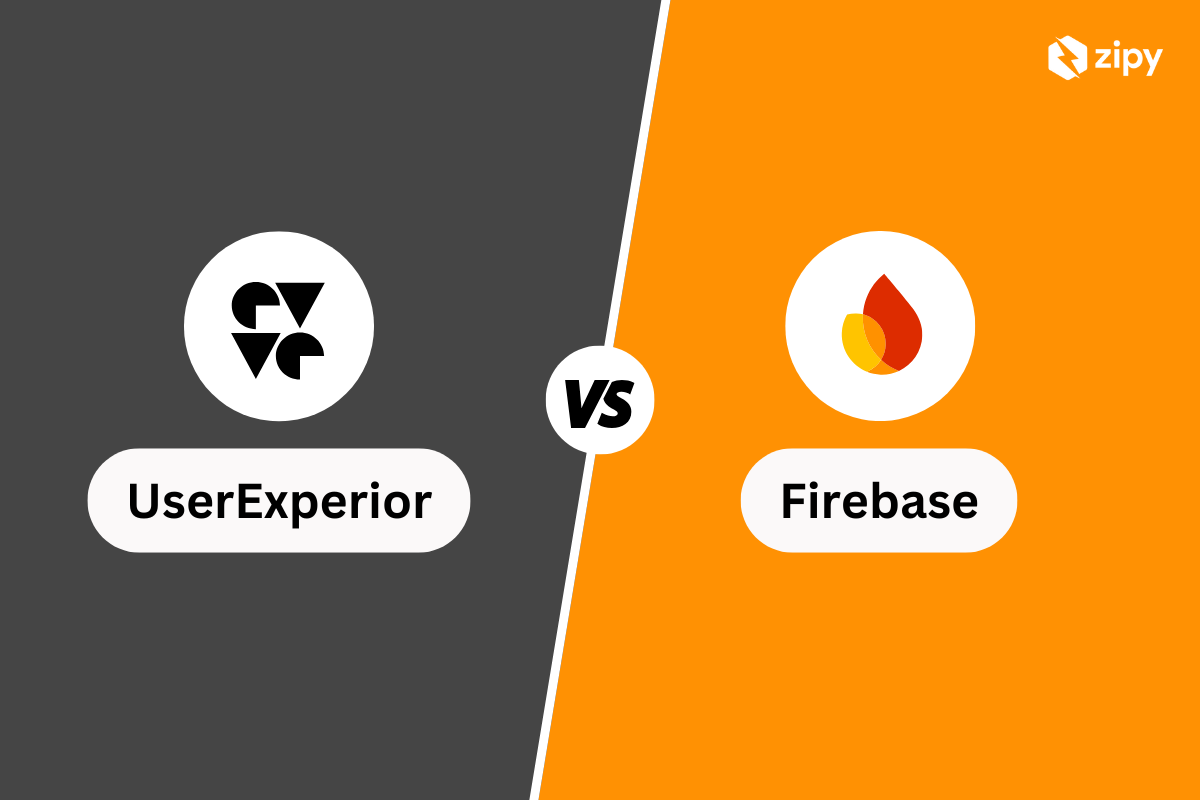Introduction
Welcome to our comprehensive guide on resolving a common JavaScript error: TypeError (function not callable). In this article, we'll delve into the nuances of this error, providing practical examples and solutions to help you overcome it. Whether you're a seasoned JavaScript developer or just starting out, understanding how to handle TypeError (function not callable) is essential for writing robust and error-free code.
Catch errors proactively with Zipy. Sign up for free!
Try Zipy now
Understanding TypeError (function not callable) in JavaScript
A TypeError (function not callable) occurs when attempting to invoke a value that is not a function. This can happen if a variable that was intended to be a function is reassigned to another type of value. Let's explore this error further with some real-world examples.
Scenario 1
Error code
const greet = 'Hello';
greet(); // Attempting to call a non-function value
Corrected code
const greet = () => 'Hello';
greet(); // Calling the function correctly
Solution Summary
In this scenario, the error occurred because the variable greet was assigned a string value instead of a function. To fix the error, ensure that variables intended to be functions are assigned function values.
Scenario 2
Error code
let x = 10;
x(); // Attempting to call a non-function value
Corrected code
let x = () => 10;
x(); // Calling the function correctly
Solution Summary
Here, the error occurred because the variable x was intended to be a function but was assigned a number value instead. To resolve the error, assign a function value to the variable x.
Scenario 3
Error code
const obj = {};
obj.method(); // Attempting to call a method that doesn't exist
Corrected code
const obj = {
method: () => {
console.log('Method called');
}
};
obj.method(); // Calling the method correctly
Solution Summary
In this scenario, the error arose because the method method was not defined on the object obj. To fix the error, ensure that methods are properly defined on objects before attempting to call them.
Handling TypeError (function not callable) in JavaScript
To handle TypeError (function not callable) in JavaScript, it's crucial to double-check variable assignments and method definitions to ensure that functions are being used where expected. Additionally, consider implementing defensive programming techniques to handle unexpected scenarios gracefully.
Proactive Error Debugging with Zipy
To streamline the debugging process and catch TypeError (function not callable) errors early on, consider using tools like Zipy. Zipy offers proactive error monitoring and user session replay capabilities, providing valuable insights into runtime JavaScript errors. By integrating Zipy into your development workflow, you can identify and resolve errors swiftly, ensuring smoother user experiences.
Debug and fix code errors with Zipy Error Monitoring.
Sign up for free
Conclusion
In conclusion, mastering the handling of TypeError (function not callable) in JavaScript is essential for writing robust and error-free code. By understanding the causes of this error and adopting best practices for variable assignments and method definitions, you can minimize its occurrence in your code. Remember, tools like Zipy can further enhance your error debugging process, making it more efficient and effective.
Resources on how to debug and fix Javascript Errors
- 20 everyday Javascript errors you should know: A guide on how to fix Javascript errors
- Master JavaScript Debugging: Strategies and Best Practices
- 10 best Javascript debugging tools
- JavaScript debugger for JS error monitoring and tracking
- How to handle Javascript Syntax Errors?
- How to handle Javascript Reference Errors?
- How to handle Javascript Type Errors?
- How to handle Javascript Range Errors?
- How to handle Javascript Eval Errors?
- How to handle Javascript URI Errors?
- How to handle Javascript InternalError?
- How to handle Javascript DOMException?
- How to handle Javascript Promise Rejection?
- How to handle Javascript Event Handling Errors?
- How to handle Javascript AJAX/HTTP Errors?
- How to handle Javascript Unhandled Promise Rejection?
- How to handle Javascript ReferenceError (non-local)?
- How to handle Javascript TypeError (non-constructor)?
- How to handle Javascript TypeError (readonly property)?
- How to handle Javascript TypeError (non-extensible object)?
- How to handle Javascript TypeError (assignment to constant)?
- How to handle Javascript TypeError (invalid array length)?
- How to handle Javascript TypeError (non-object property access)?
Frequently Asked Questions
Q: What causesTypeError (function not callable) in JavaScript?
A: TypeError (function not callable) occurs when attempting to invoke a value that is not a function.
Q: How can I fixTypeError (function not callable) errors in my JavaScript code?
A: To fix TypeError (function not callable) errors, ensure that variables intended to be functions are assigned function values, and methods are properly defined on objects before calling them.
Q: Can I call non-function values in JavaScript?
A: No, attempting to call a value that is not a function will result in a TypeError (function not callable).
Q: What are some defensive programming techniques to handleTypeError (function not callable) errors?
A: Defensive programming techniques include checking the type of values before invoking them and implementing error-handling mechanisms to gracefully handle unexpected scenarios.
Q: How does Zipy help in debuggingTypeError (function not callable) errors?
A: Zipy offers proactive error monitoring and user session replay capabilities, allowing developers to identify and resolve TypeError (function not callable) errors in real-time, enhancing the debugging process.
Key takeaways
TypeError (function not callable)occurs when attempting to invoke a value that is not a function.- Double-check variable assignments and method definitions to ensure that functions are being used where expected.
- Implement defensive programming techniques to handle unexpected scenarios gracefully.
- Tools like Zipy offer proactive error monitoring and user session replay capabilities, enhancing the debugging process for JavaScript errors.
.svg)





.png)
.png)




.webp)